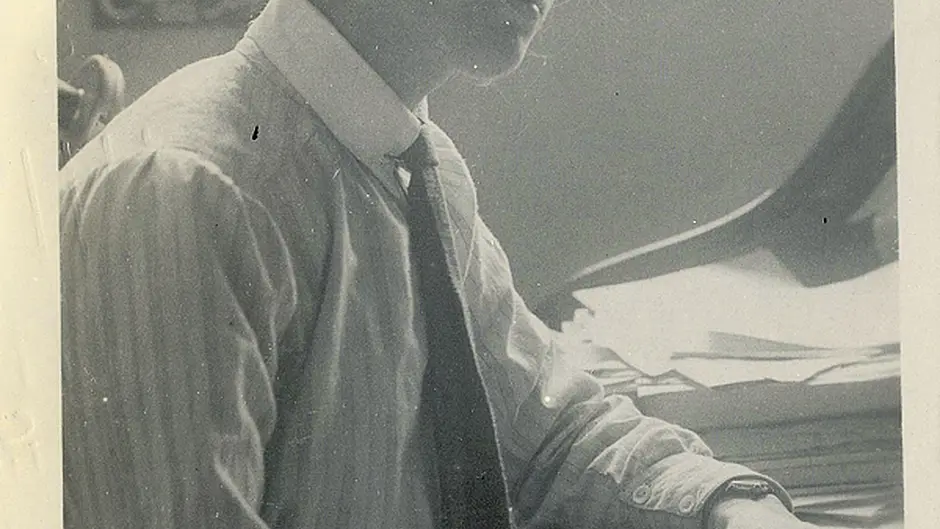Laura Geraldine Lennox, known simply as ‘Geraldine', had a colourful life which saw her arrested, go on hunger strike and go to war, where she tended to the sick and wounded writes Brian Moore.
A DURRUS woman has been remembered as a hero for her selfless devotion in the fight for women’s rights.
Laura was born in Durrus in 1883, where her father Edward was a local school teacher.
Even at a very young age the Durrus girl was described as a rebel and when her parents sent her to stay with an aunt in London, Laura immediately set off to join the campaign to fight for equal rights for women.
Her niece Karen Fitzgerald told The Southern Star: ‘My grandmother always spoke of Laura and especially about the time she spent in London. The impression I got from my gran was that she was sent over to her in the hope that if Laura had someone to look after, it might settle her down a bit.
‘But she ended up taking my gran with her to all the various suffragette events. My grandmother adored her,’ she explained.
Laura was instrumental in setting up the Irish contingent of the Women’s Social and Political Union (WSPU), an organisation founded by in 1903 by Emmeline Pankhurst.
For her activities with the suffragette movement, Laura was arrested in April 1913 and charged with conspiracy.
She was sentenced to six months in jail at Horfield Prison in Bristol where she immediately went on hunger strike and was subsequently force-fed.
When she was released, she went straight back to the WSPU and continued the fight for women’s suffragette.
‘She was arrested again, and again she went on hunger strike and again she was force-fed,’ Karen said.
‘When she was released she returned to Cork to organise the WSPU office in the city. The time Laura spent in prison, the hunger strikes and the force feeding took a toll on her health, but that didn’t stop her.’
At the outbreak of the Great War, Laura set off to France with the Red Cross where she tended to the wounded and the dying. This ordeal put more pressure on her health and even though she was injured, she tended to a soldier who was close to death at a French hospital. His gangrenous arm exploded and covered her in poison, but she was not, according to the authorities, entitled to a war-wound pension.
However, this did not diminish her passion for helping people and Laura was instrumental in the fight for better housing for the poor. At the end of the war, Laura was busy once more. She ran a secretarial and service bureau, was a founding member of the committee for Women’s Pioneer Housing Association, and of the Women’s Auxiliary Service.
‘She was an amazing woman,’ Karen said. ‘She was a tiny, skinny woman after being injured in France, but had the biggest heart and just wanted to do what was right. Gran said she always had a drive to help the underdog and to make the best of any situation with such fight and determination.
‘Laura never married, and she passed away in 1958.
‘She left behind a legacy of public service and selfless devotion – not only in the fight for equal rights for women, but for all those she helped and supported during her lifetime.’








